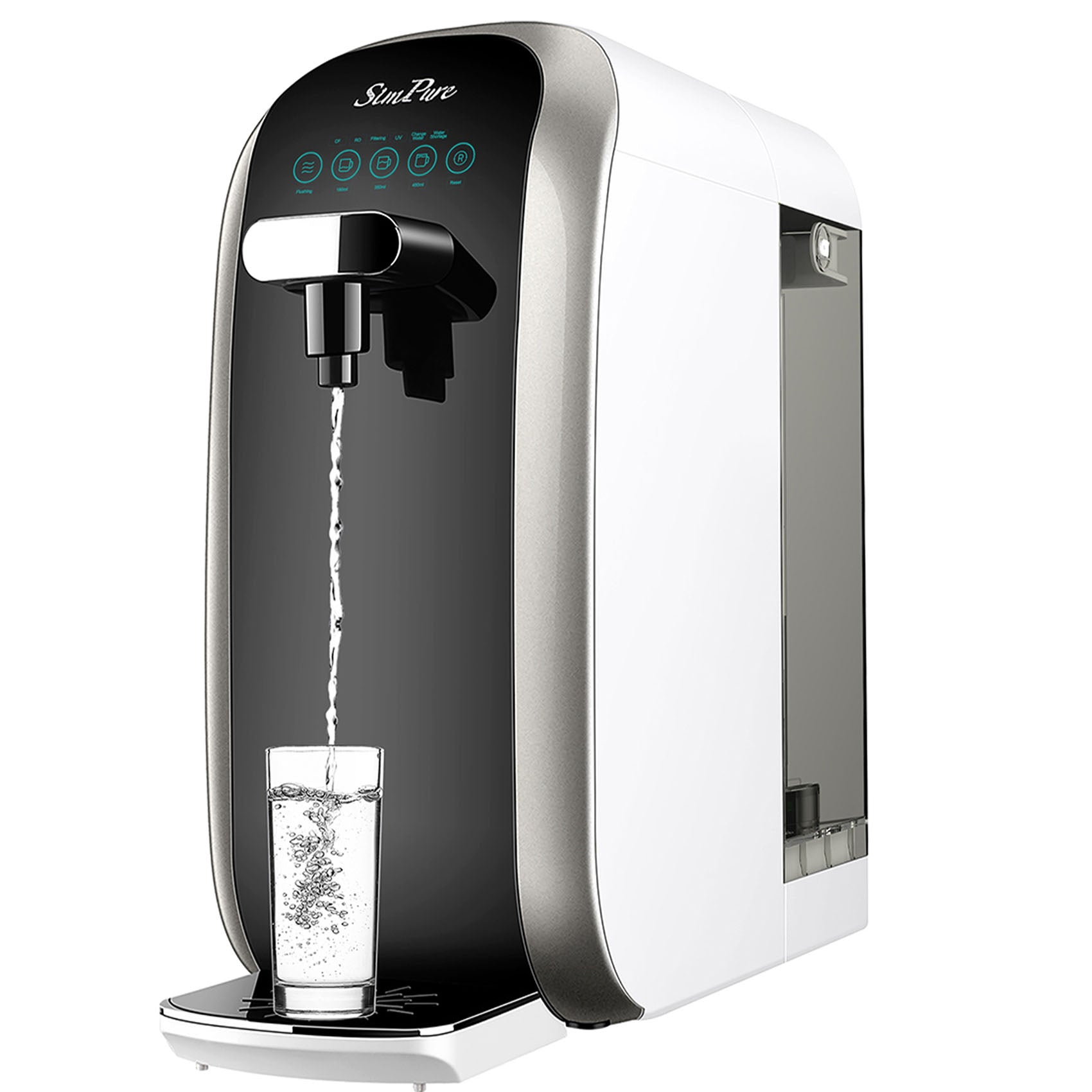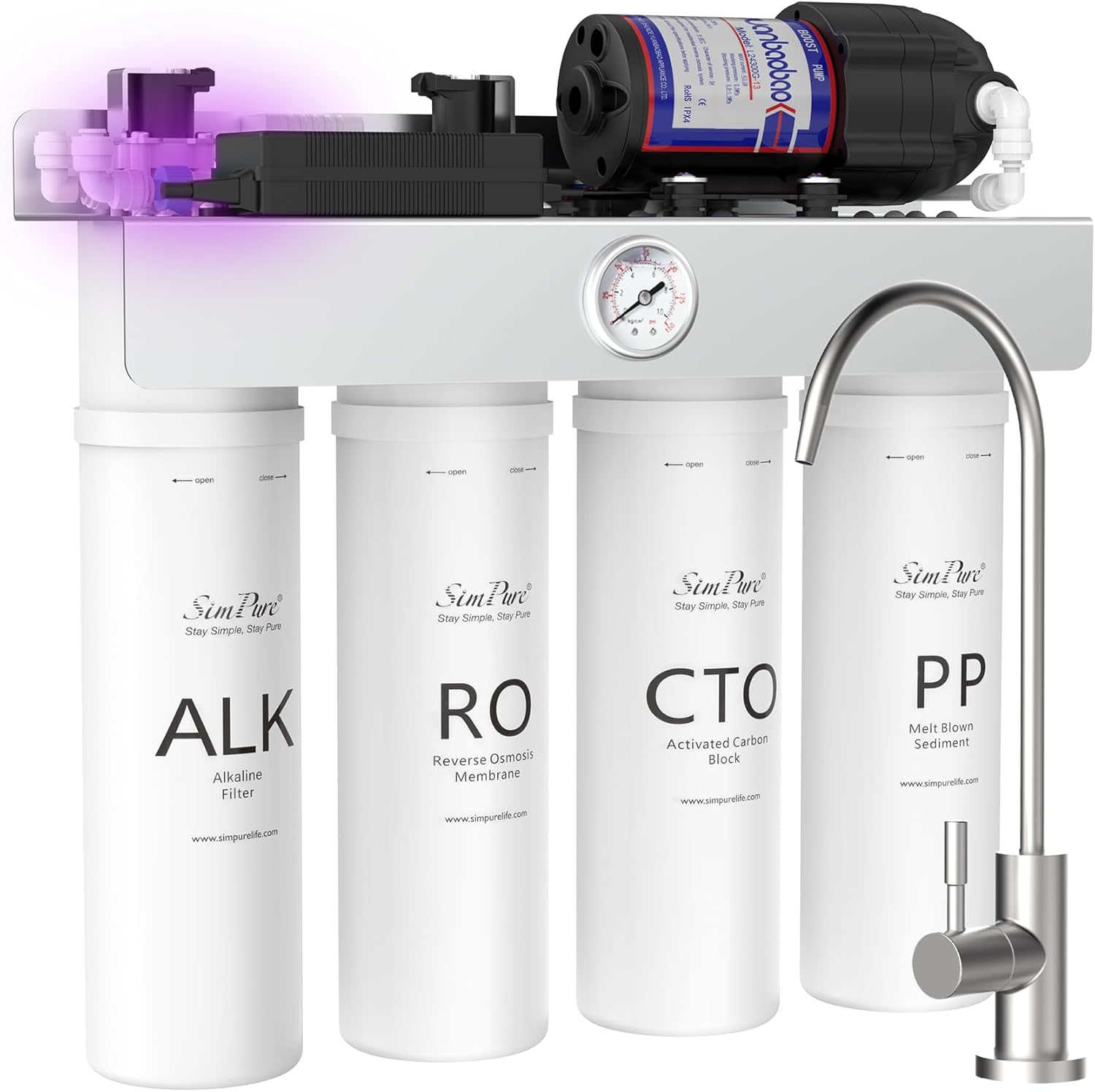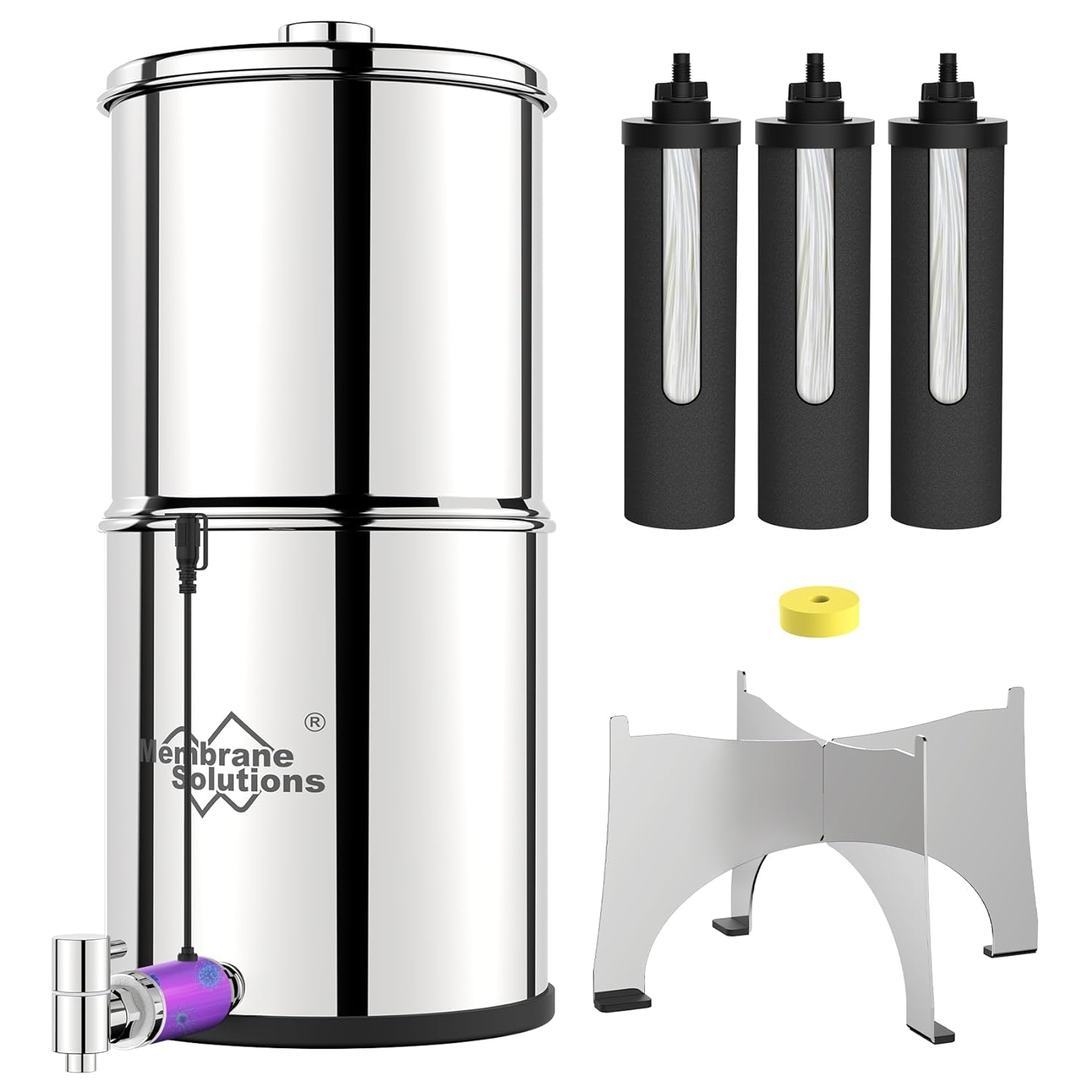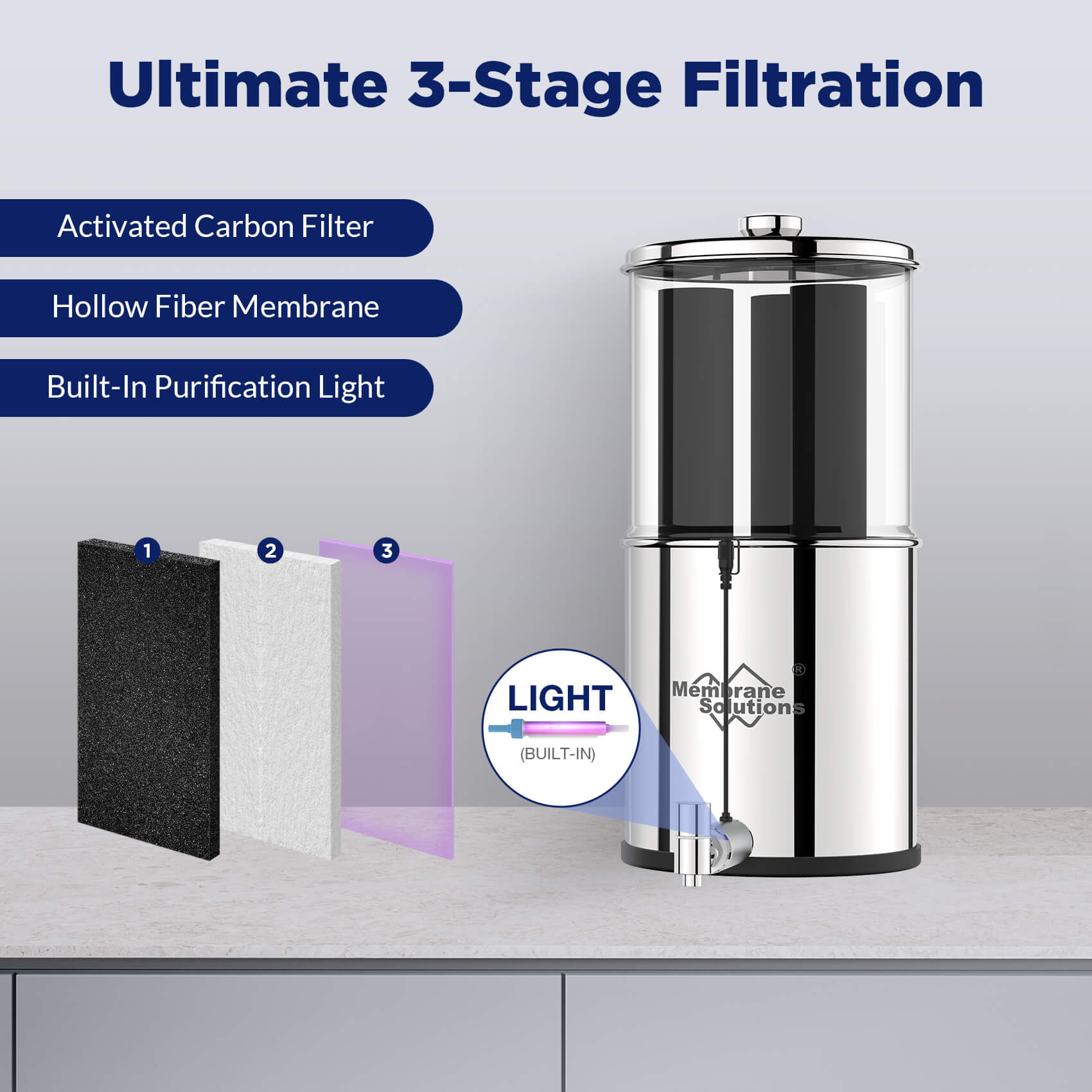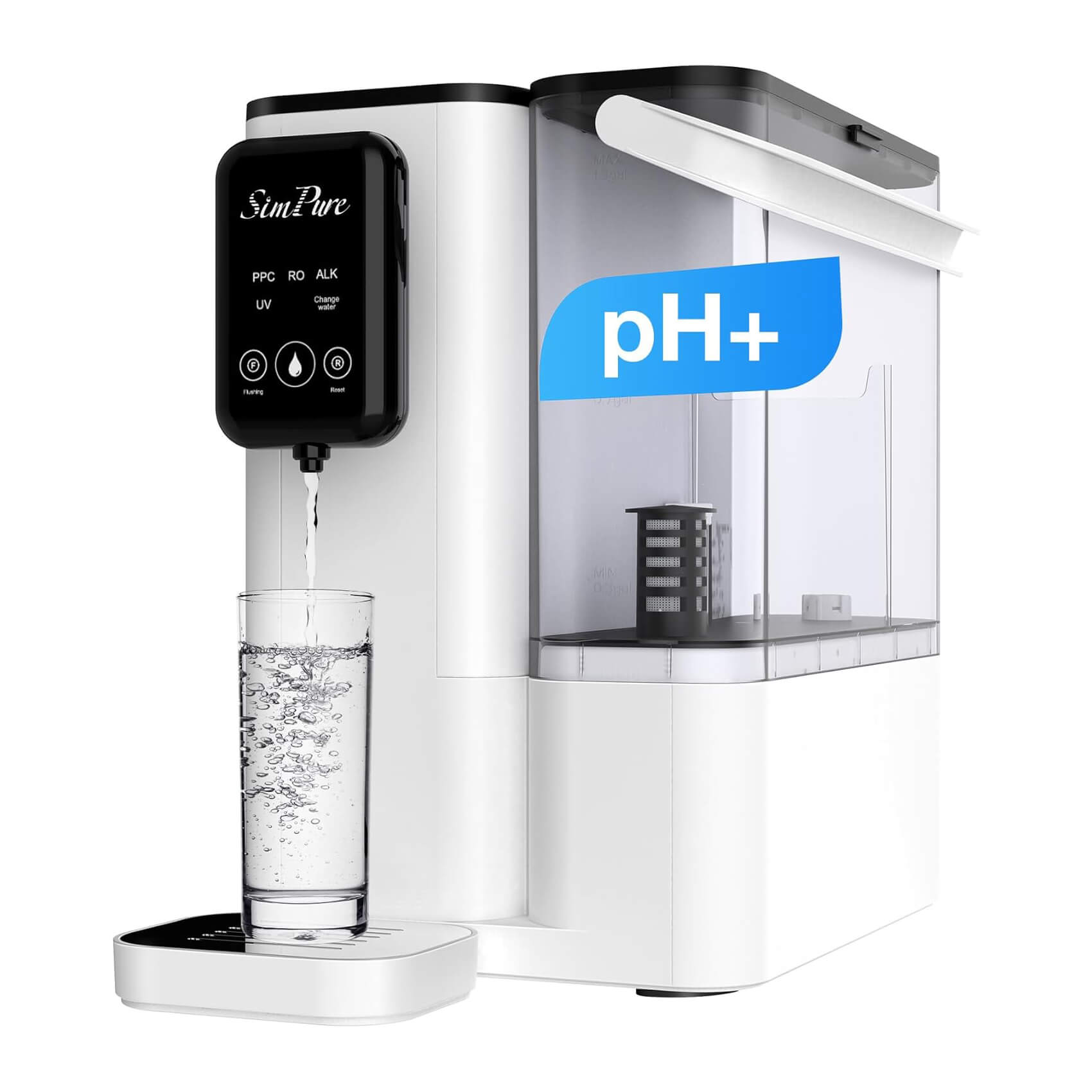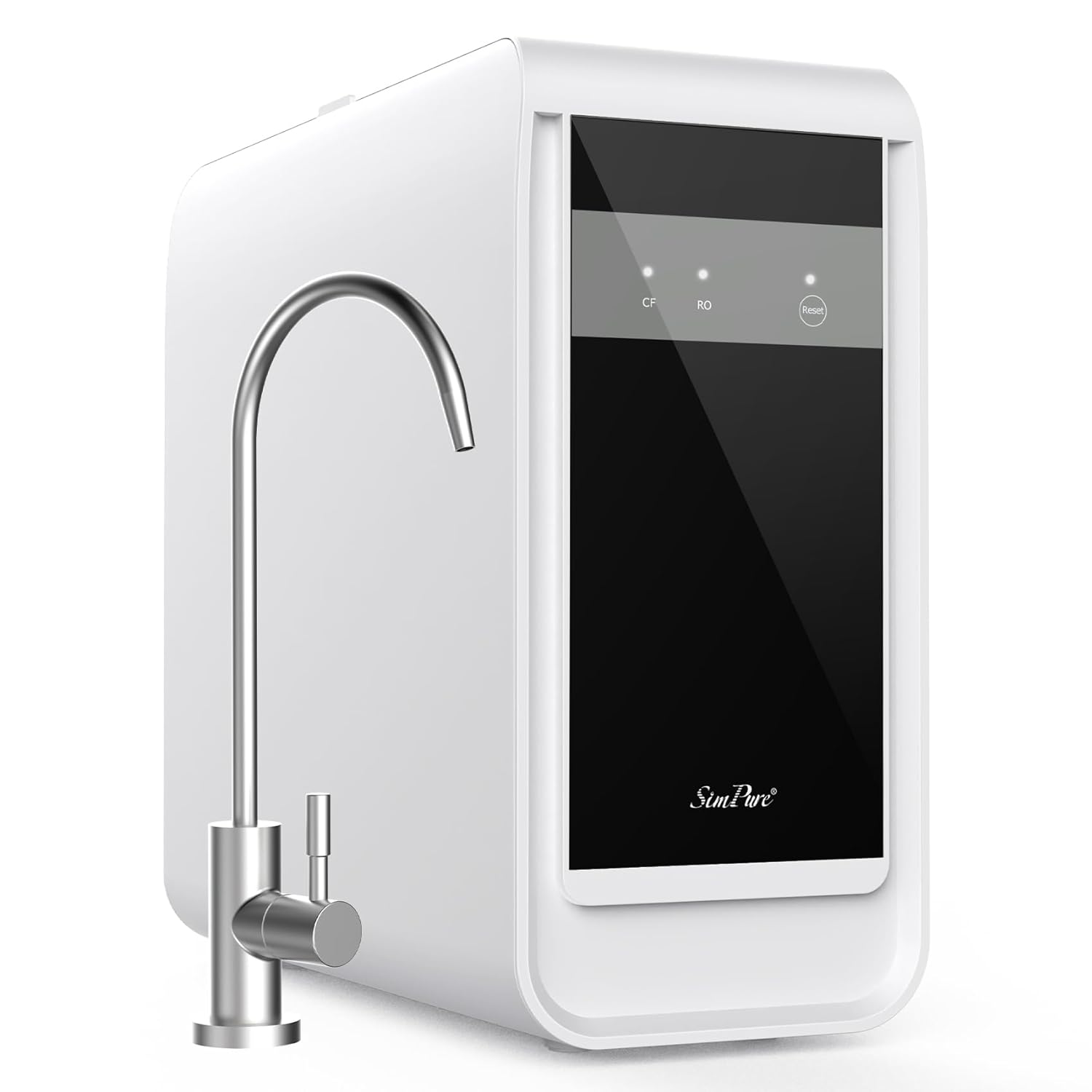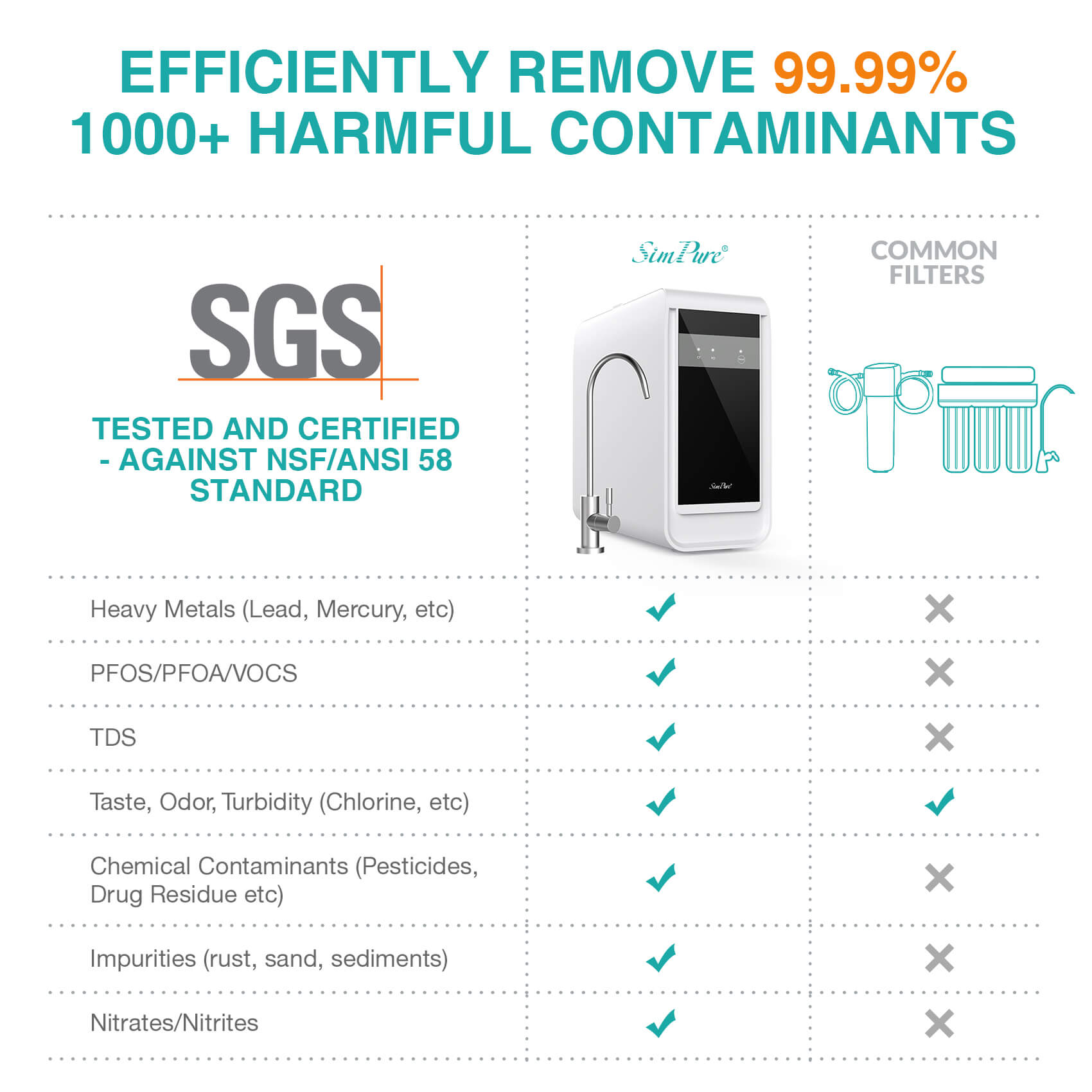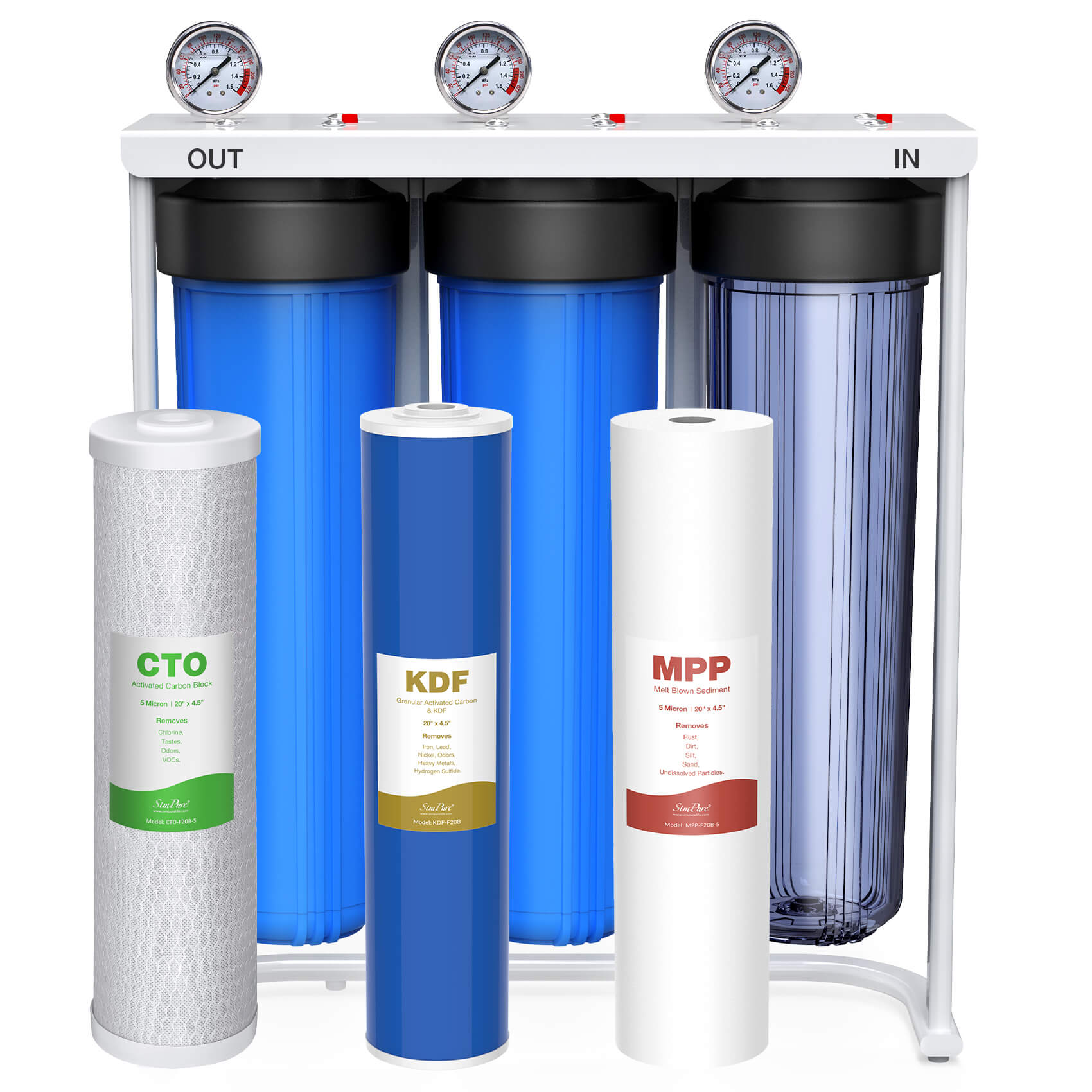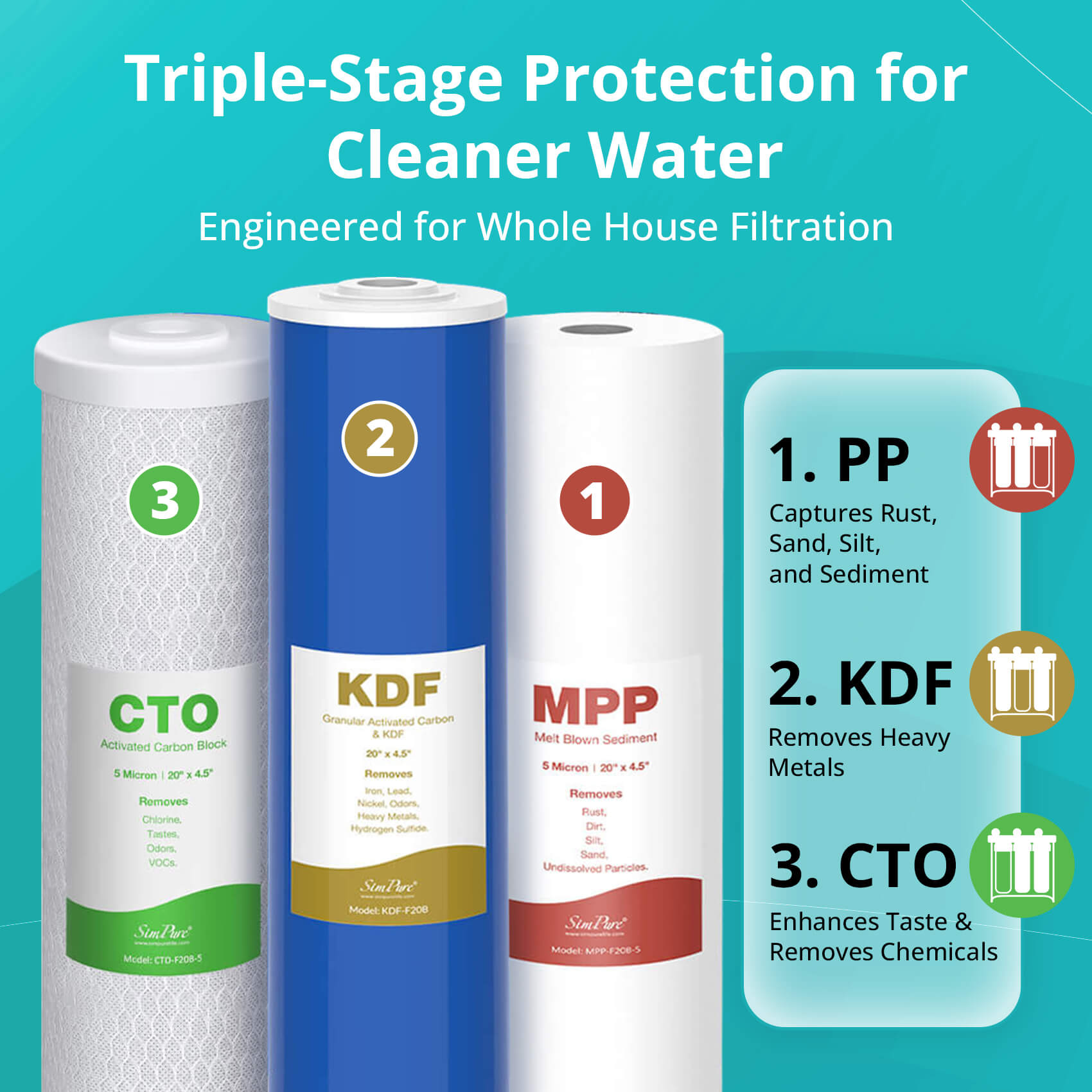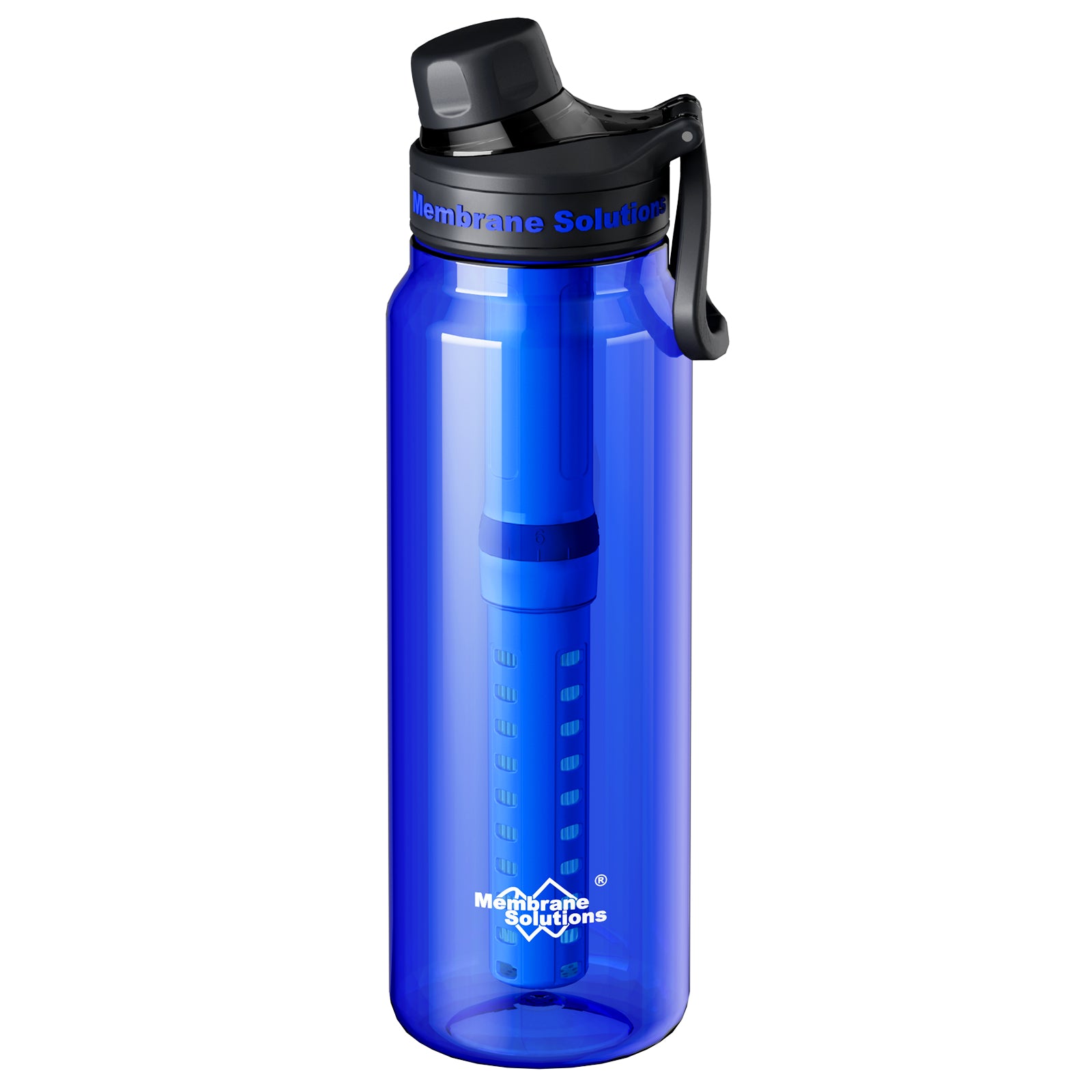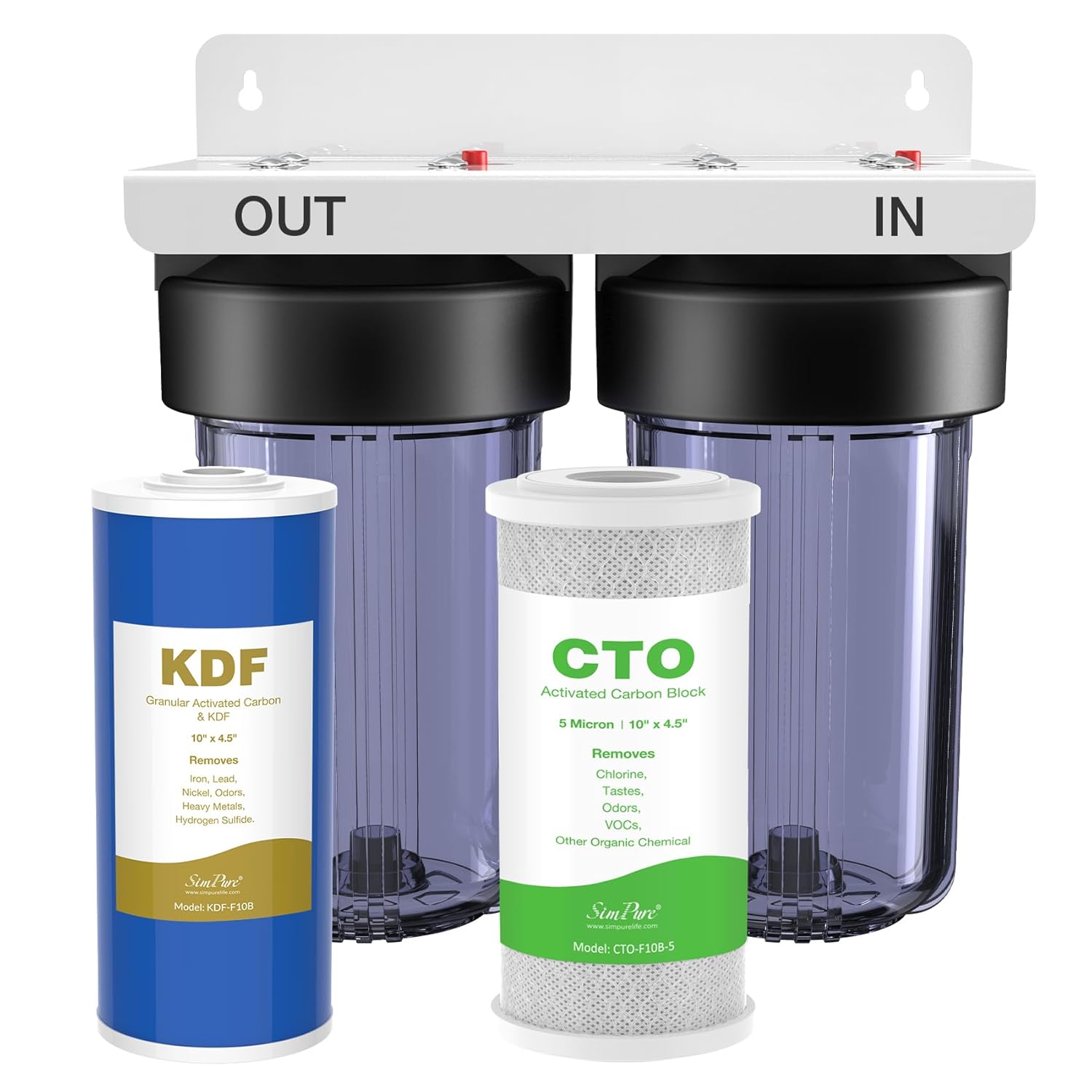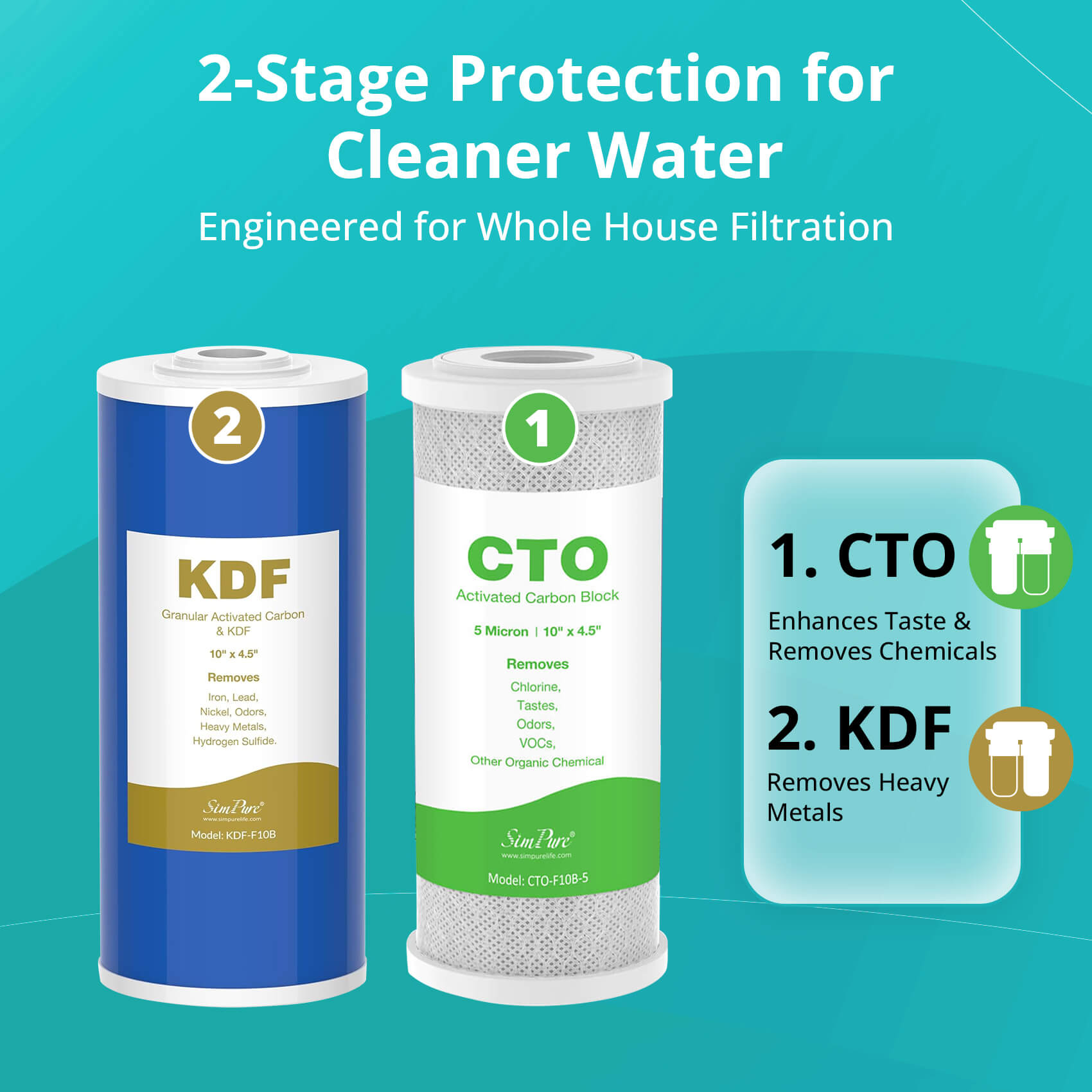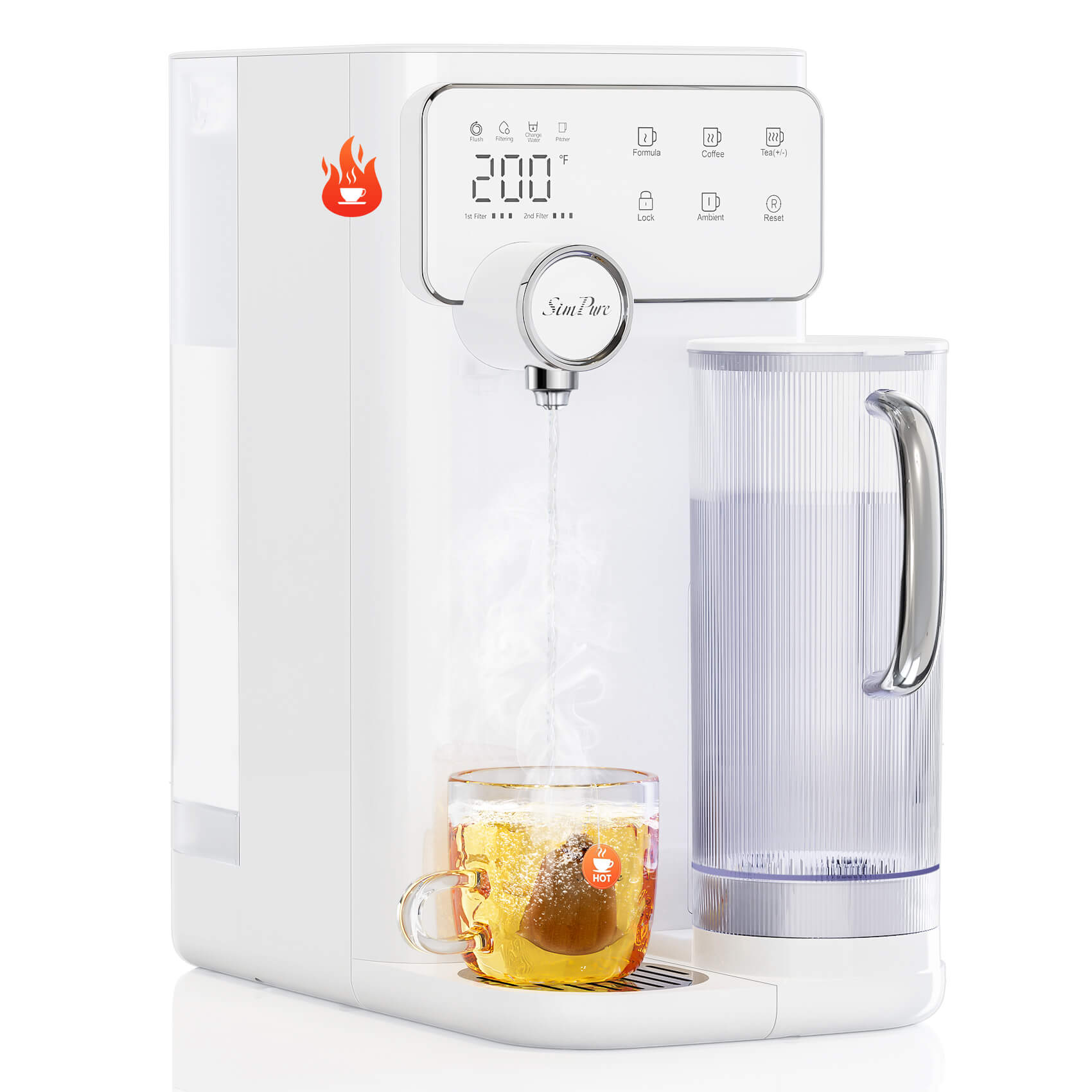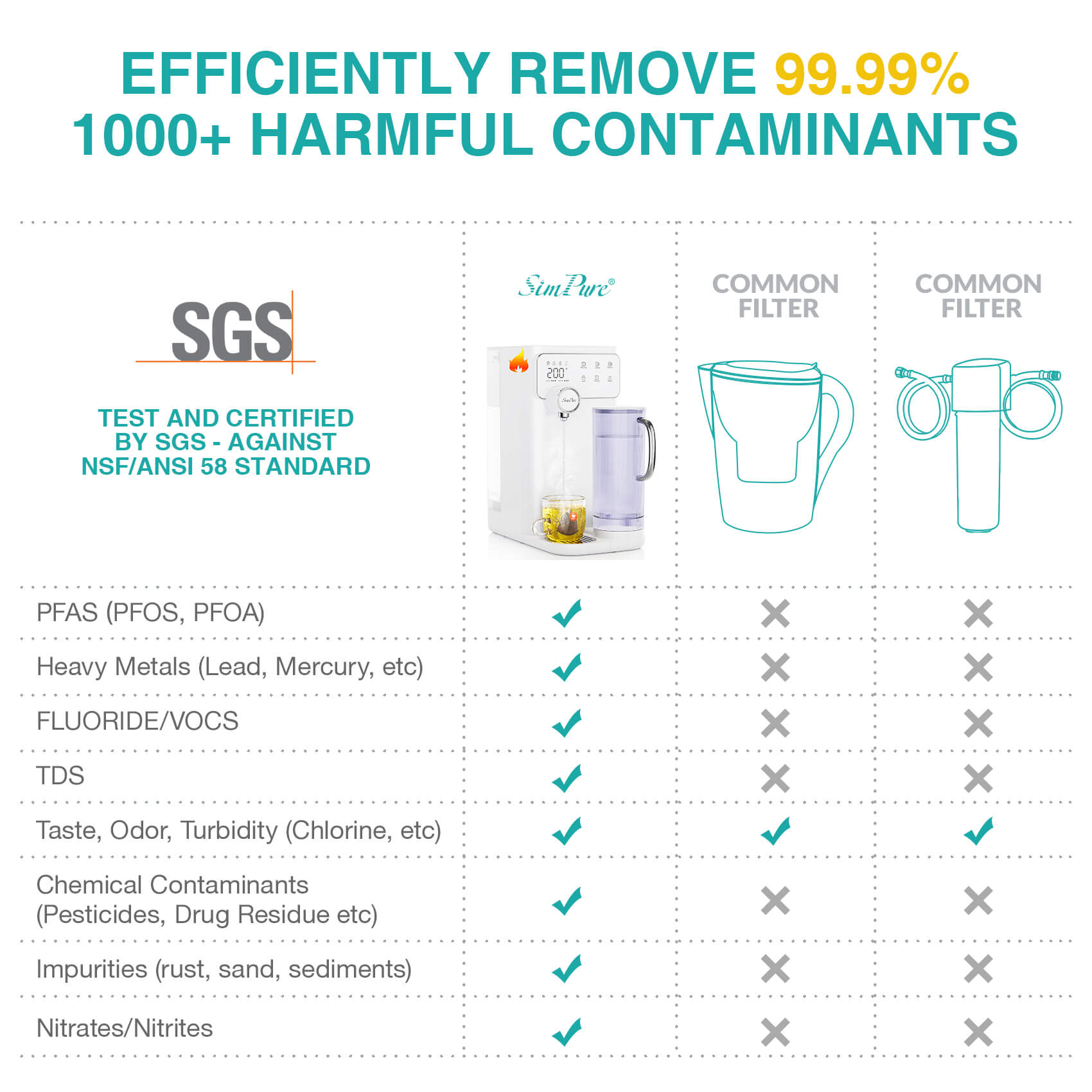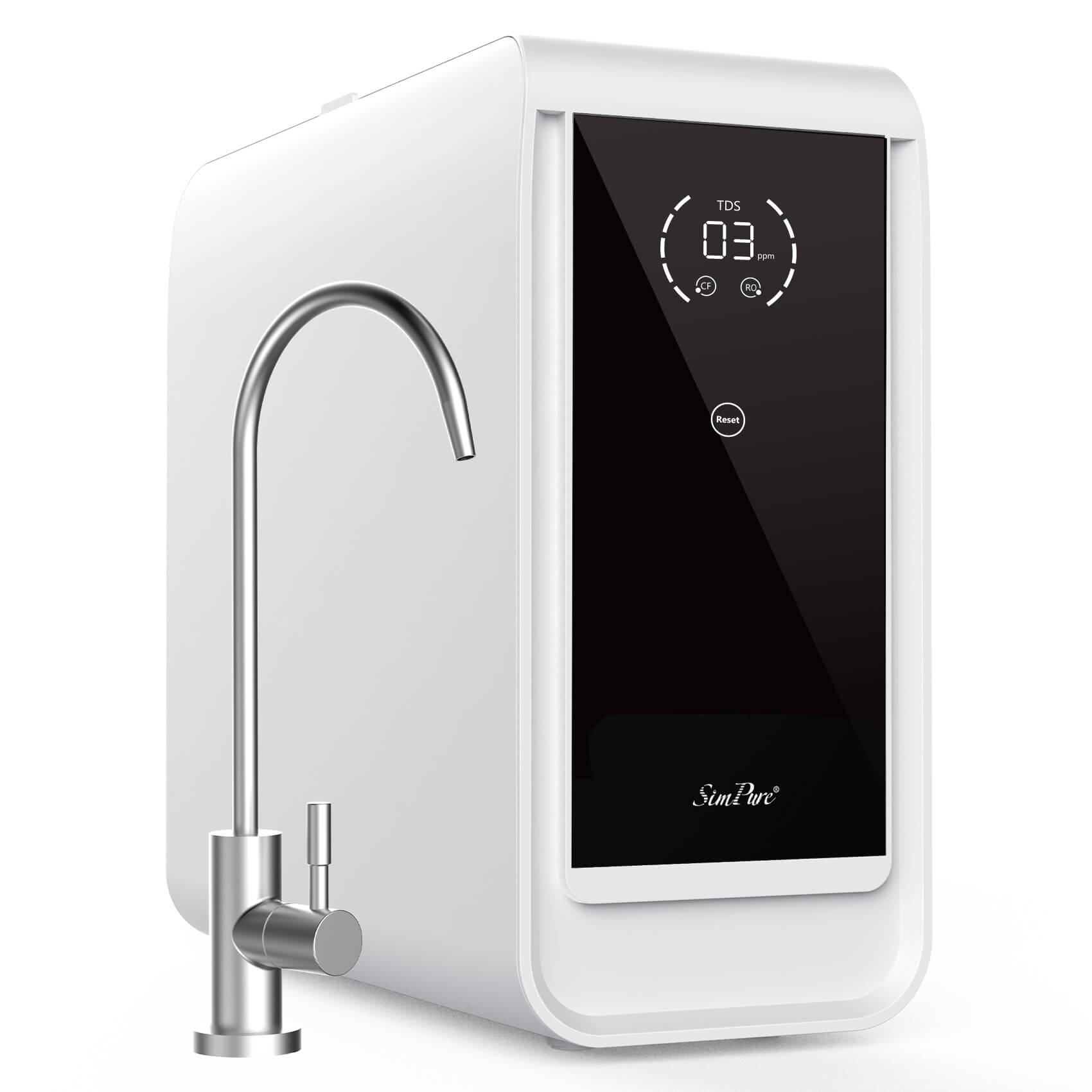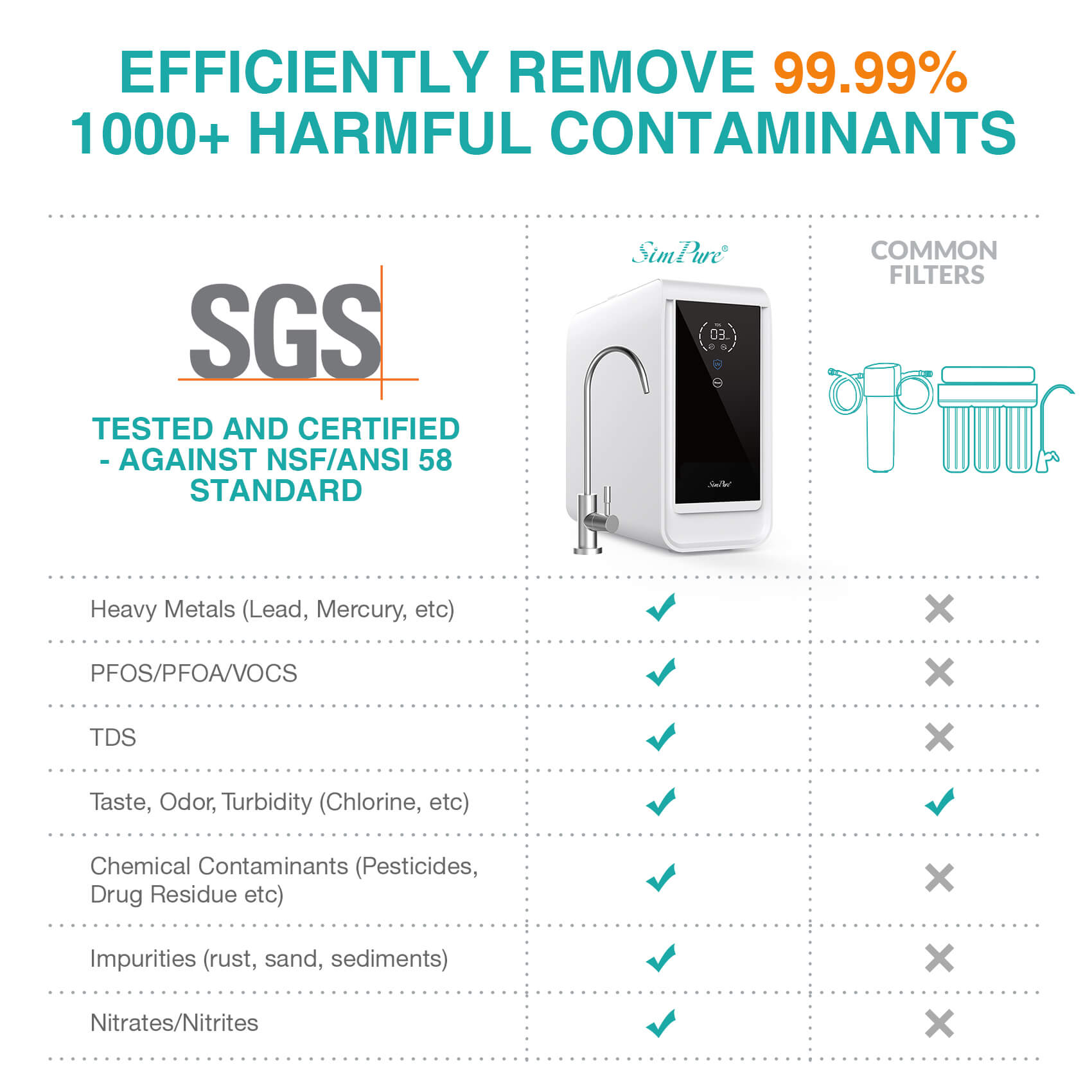Looking to enhance your sleep quality? Open your windows and allow fresh air to permeate your sleep environment. Actually, fresh air induces feelings of calmness, tiredness, and sleepiness, but why does fresh air make you tired and sleepy? In this article, we will discover how fresh air facilitates better sleep by enhancing oxygen levels in your blood and organs, triggering the release of serotonin through increased oxygen intake, and efficiently eliminating indoor pollutants. These reasons will be elaborated upon in the following sections.
Table of Contents
- 1. A Cooling and Relaxation Sensation Is Provided by Fresh Air
- 2. Enhanced Oxygen Levels in Blood and Organs Are Achieved
- 3. Release of Serotonin Is Promoted by Increased Intake of Oxygen
- 4. Indoor Pollutants Are Effectively Eliminated by Fresh Air Circulation
- Achieve Fresh Air Whenever Without Opening Windows
1. A Cooling and Relaxation Sensation Is Provided by Fresh Air
Fresh air often imparts a cooling sensation that aids in relaxation and sleep. This is often attributed to its origin from the outdoors, accompanied by a gentle breeze and lower temperatures compared to indoors. Additionally, fresh air typically carries less humidity, unlike indoor environments which may be more humid. As you inhale fresh air, moisture in the respiratory tract rapidly evaporates, providing a refreshing coolness. These cooling effects have a subtle impact on lowering body temperature, known to induce relaxation and drowsiness. The sensation of coolness can prompt a physiological response, triggering the release of specific hormones and neurotransmitters that contribute to feelings of calmness and fatigue. Fresh air not only provides calming effects that alleviate stress and tension but also promotes muscle relaxation and aids in digestion. It creates a soothing atmosphere that fosters relaxation and the release of daily worries, ultimately contributing to a more restful sleep.
2. Enhanced Oxygen Levels in Blood and Organs Are Achieved

Fresh air typically contains higher levels of oxygen, and an adequate supply of oxygen plays a crucial role in maintaining the normal function of various organs and tissues in the body, including the brain, muscles, and heart. This contributes to achieving a deeper and more satisfying sleep. When you fall asleep, your brain requires oxygen to be active and prepared for the next day's activities. The brain continually utilizes oxygen, meaning that the more you sleep, the more oxygen your brain needs. During sleep, the brain and body use oxygen through many different mechanisms, and we need to get oxygen to the brain and body, including into the lungs, breathing, or skin. As we all know, adequate sleep allows the body to repair and rejuvenate itself. For instance, while you sleep, your kidneys work diligently to eliminate waste and toxins from your system. Insufficient sleep can impact the functionality of your kidneys, so ensuring an ample supply of oxygen during your nighttime sleep is crucial to support their optimal performance. Therefore, if you desire to fall asleep quickly or improve the quality of your sleep, maintaining sufficient oxygen levels becomes vital.
3. Release of Serotonin Is Promoted by Increased Intake of Oxygen
Serotonin, a vital neurotransmitter, plays a pivotal role in regulating mood and sleep, fostering relaxation, reducing anxiety, and enhancing overall well-being. These effects create an optimal environment for falling asleep and enjoying restful sleep. Serotonin production is influenced by sunlight and fresh air, and inhaling air rich in oxygen amplifies its synthesis and release. Serotonin release is closely linked to feelings of tranquility, joy, and calmness, and it can regulate sleep-wake cycles, promoting contentment and a sense of well-being. In addition, serotonin is involved in the production of melatonin, a hormone that helps regulate sleep, and melatonin helps induce sleep and maintain a full night's sleep. Insufficient serotonin levels have been associated with sleep disorders like insomnia and disturbances. By promoting the release and regulation of serotonin, you may experience improved sleep quality, faster sleep onset, and longer sleep duration.
4. Indoor Pollutants Are Effectively Eliminated by Fresh Air Circulation
Fresh air circulation plays a crucial role in removing indoor pollutants, enhancing indoor air quality, and creating a healthier environment that promotes better sleep. Stagnant and polluted indoor air can cause discomfort, congestion, and respiratory issues that disrupt sleep. Inhaling cleaner air alleviates congestion, coughing, and respiratory symptoms. By eliminating house dust, allergens, and volatile organic compounds (VOCs), the risk of respiratory irritation and allergies diminishes. Moreover, your respiratory system operates more efficiently, facilitating improved oxygen supply to your blood and organs, resulting in enhanced relaxation and a sense of calm.
Achieve Fresh Air Whenever Without Opening Windows

Investing in a HEPA air purifier can provide you with fresh air without the need to open windows. These air purifiers are equipped with HEPA filters, which have a remarkable ability to capture particles as small as 0.3 microns at an impressive efficiency rate of up to 99.97%. This includes common indoor pollutants like dust, pollen, pet dander, mold spores, and even certain bacteria and viruses, making it highly effective in relieving allergies and asthma symptoms. Additionally, HEPA air purifiers with activated carbon filters are adept at eliminating unpleasant odors and chemicals such as smoke, cooking odors, and volatile organic compounds (VOCs) that can be present in the indoor air. Furthermore, HEPA air purifiers feature built-in fans that facilitate air circulation within the room. As the air passes through the HEPA filter, pollutants are trapped, and clean air is released back into the room. This continuous cycle ensures that the air remains fresh and free from contaminants. With the convenience of a HEPA air purifier, you can enjoy fresh, clean air without relying on opening windows, which is particularly beneficial when opening windows is impractical or when the outdoor air quality is compromised.
If you want to learn more about whether you should run an air purifier with the window open, you can click on "Can I Use an Air Purifier with the Window Open?" for detailed information.
This article serves as a detailed summary of the reasons does fresh air make you tired and sleepy. Fresh air creates a refreshing, cooling sensation that promotes relaxation and a sense of fatigue. It also enhanced oxygen levels, leading to improved sleep conditions. Additionally, the increased intake of oxygen stimulates the release of serotonin, contributing to a feeling of calmness and tranquility. If opening windows is inconvenient or not possible due to various reasons, utilizing an air purifier allows us to attain the benefits of breathing in clean air.


